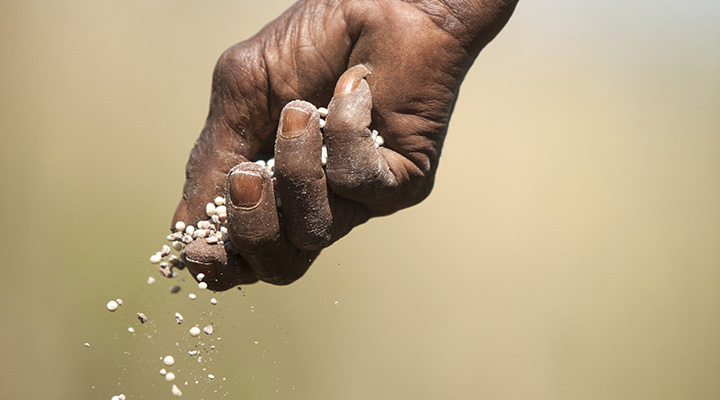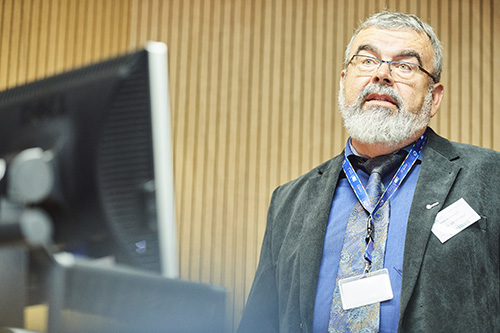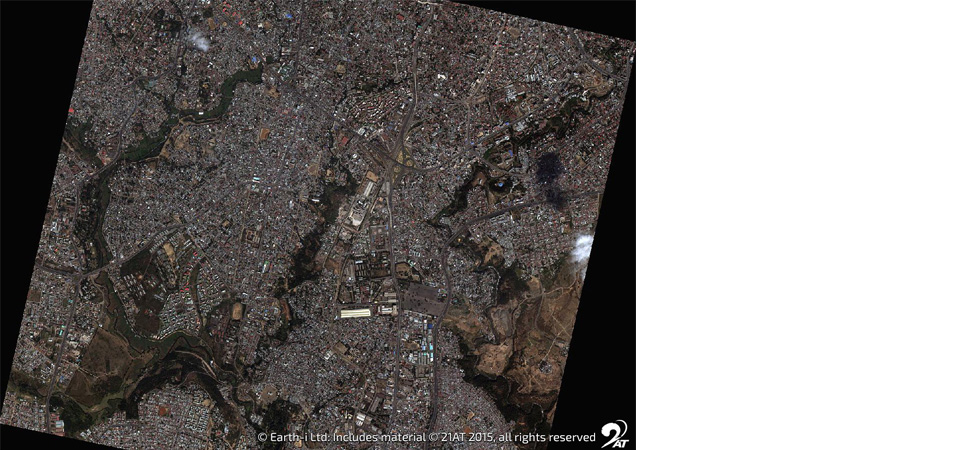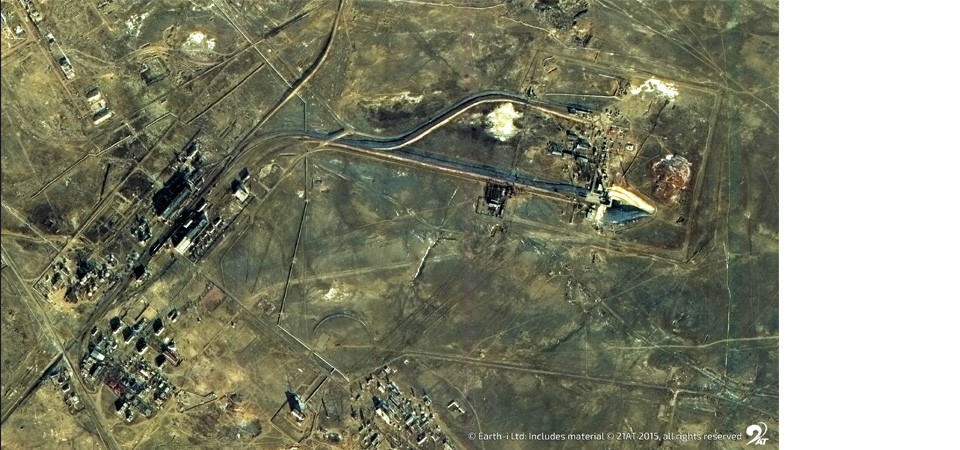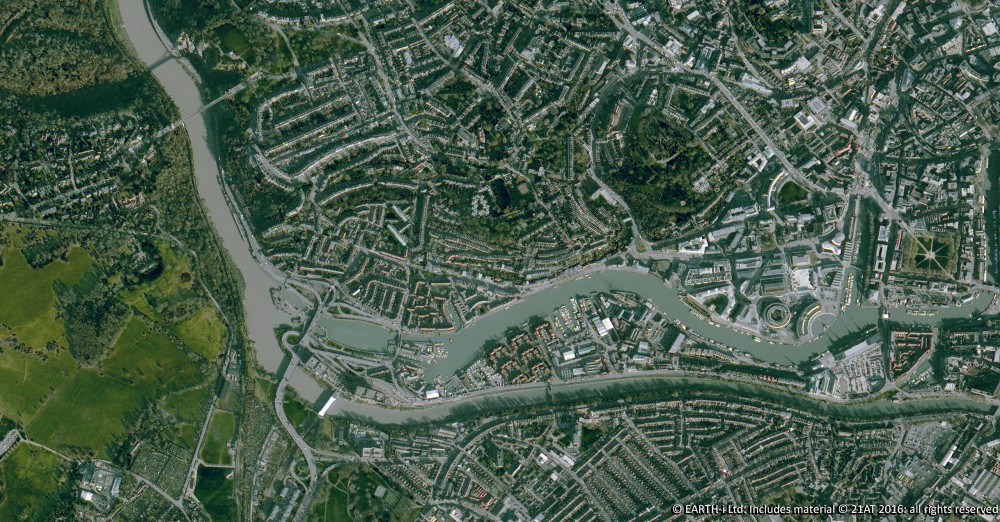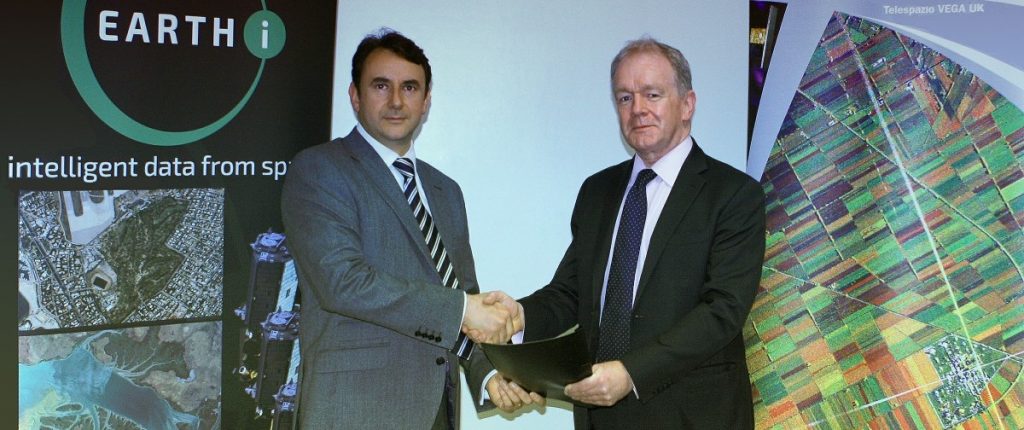Speciality coffee, as well as coffee in general, is increasingly in demand. In the USA alone, speciality coffee sales are increasing by 20% per year and account for nearly 8% of the $18 billion coffee market as consumers realise that they could be waking up to even better coffee every morning. This is good news, for a growing market.
Speciality coffee – consisting of more expensive and speciality Arabica coffees – is becoming more prominent within this. The increasing interest in speciality coffee across Europe is reflected in the growing number of coffee bars and chains, small roasters, small local brands and baristas. For example, specialist coffee shops were the fastest growing restaurant category in Europe in 2016, increasing 9.1% from 2014-2015.
To satisfy the discerning coffee connoisseur, coffee companies rely on the skill and knowledge of farmers to produce the highest quality beans. Therefore, the crop must be of the highest quality too. Just five full black beans in a 300g sample could rule out suitability for a specialty coffee brand. For the farms to deliver the huge amount of coffee that the market demand, and on a regular, consistent basis, requires high tree productivity, a successful harvest, and green coffee beans of premium quality.
However, climate change could halve the area suitable for growing coffee by 2050, and coupled with the decline in global coffee yields this means demand for coffee will continue to outstrip supply and likely widen the gap in between.
A key decision in coffee cultivation is the management of the all-important ‘inputs’, the fertilisers, pesticides, and fungicides which encourage growth and protect against pests. Climate change is making local weather patterns more unpredictable, and therefore the decisions about applying pesticides or fungicides become more difficult.
Farmers need the help of new technologies and techniques to increase yields, ensure their livelihoods and protect their incomes. Using satellite-enabled technology combined with localised climate and ground truth data, ACCORD is enabling coffee farmers to mitigate the effects of climate change and sustain consistent coffee yields. It is enabling smarter, data-driven farming practices on a farm-by-farm basis.
As well as the perfect taste, coffee connoisseur consumers are increasingly concerned about the social and ecological impact of their consumption, with sustainability becoming a key driver behind purchasing decisions. Harnessed from various sources, ACCORD data could provide sustainable quality assurance for coffee producers, delivering trusted solutions on how to optimise inputs within individual farms. Sustainability is inextricably linked to farmer incomes and the economics of farming cash crops on a small scale, most often in developing countries.
Supporting coffee communities in countries such as Kenya and Rwanda, is therefore vital to the sustainability of the coffee industry – the ACCORD system supports their livelihoods and increases the incomes of farmers by enabling them to deliver a reliable, sustainable supply of high quality and speciality Arabica coffee beans. Environmental performance makes up part of the coffee industry’s competitive landscape and in sustainability, coffee suppliers could have a valuable source of competitive advantage.
Read more about the ACCORD service and how it supports coffee-growing communities in Kenya and Rwanda.
Earth Observation specialist brings over 25 years technology and applications experience to company offering daily high-resolution imaging and data…

